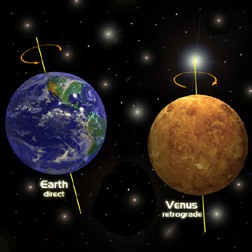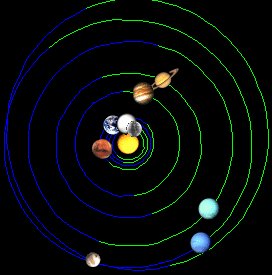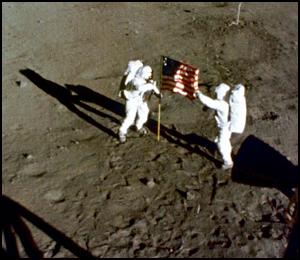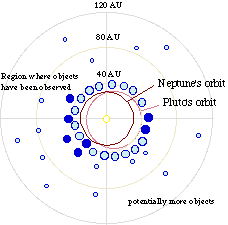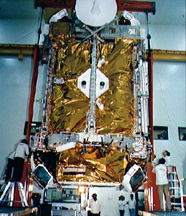Why haven't we sent a manned mission to Mars? Is it possible? Are there any plans under future consideration to colonize Mars? Do we currently have the technology to create a 'domed city' that could sustain life on Mars or other planets?
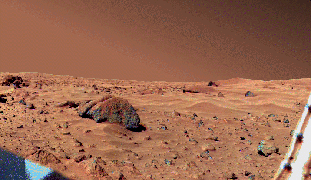
NASA is currently working on a series of missions to Mars which will return rocks from Mars to Earth. Eventually a manned mission will be sent there. Currently, most of NASA's funding is being taken up by the International Space Station. So, NASA is developing "micromissions", which will be smaller and cheaper. Two rovers will be sent to Mars in 2003 and 2005. These rovers will pick up rocks from the surface of Mars and place them in canisters. The cannisters will be launched into low orbit by a lightweight rocket, and picked up by an orbiter and returned to Earth. These soil samples are expected to arrive in Utah around 2008.
The samples will be tested to determine whether the environment on Mars could have supported life, and looked at for evidence of life. The findings of this program will help NASA decide whether to send humans to Mars. There has been talk of perhaps sending humans to Mars in July 2019 to mark the 50th anniversary of Apollo 11 landing on the moon.
Right now, plans are only to visit, not colonize, Mars. But there are some things which could help this colonization to happen in the future. One of these is Biosphere II, which is a large glass structure with seven ecosystems inside which can be completely controlled. It is possible that someday we will build space colonies similar to this. At this time, it is important to learn as much as possible about how our Earth environment works in order to extend it to outer space.
Submitted by Kaleesa (Oregon, USA), Stephanie (Alaska, USA), Craig, Neil, Danny, Kyle, Rob, and Dustin
(January 11, 1999)





